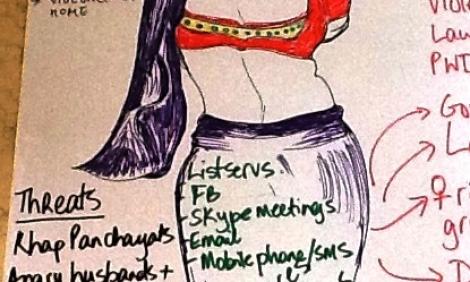
Feminist talk
EROTICS India: Women, sexuality and the internet
Within the arena of ‘women, sexuality and the internet’, the usual suspects of pornography, indecency, and non-consensual videography are often the first topics that come to mind. But women aren’t just subjects on the internet – they are users, too. A presentation at the EROTICS India workshop overturned some common assumptions by highlighting experiences of women online.
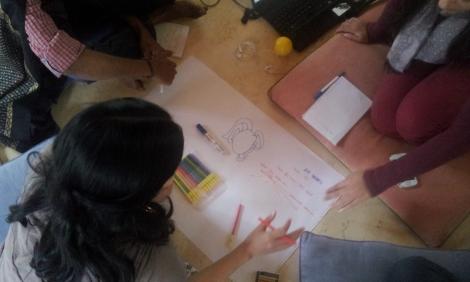
Feminist talk
Five principles for a feminist approach to technology
This blog post is second in a series of ten blog posts to report on the EROTICS India workshop, recently concluded in Delhi. All the blog posts in this series are written by Richa Kaul Padte, the official rapporteur at the meeting.

Feminist talk
An EROTICS call: Survey on internet regulation and sexual rights
Are you member of a non-governmental or a community-based organisation? Are you an academic or a researcher? Do you work within networks or coalitions? Are you an independent blogger? If you are a sexuality rights activist and you use the internet in your work, this call is for you.
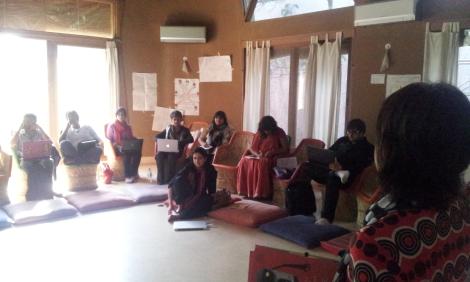
Feminist talk
EROTICS India: meet the participants
Bringing together sexual rights activists, women’s groups and internet activists, the first EROTICS India workshop – organised by Point of View, APC (Association for Progressive Communications) and the Internet Democracy Project - explored the relationship between sexual rights activism, sexuality, and the Internet. Focusing on issues ranging from rights to security to advocacy, the workshop…
Feminist talk
The hack of Uganda’s government websites: Anonymous could do better
Uganda’s Government websites were hacked and defaced earlier this month. The hacksters asserted that their actions were to protest the Ugandan Government persecution of the LGBTI community of Uganda where being gay is considered criminal and where legislation is pending Uganda’s parliament that would impose harsh prison penalties on gay people, including the death sentence for so called “…
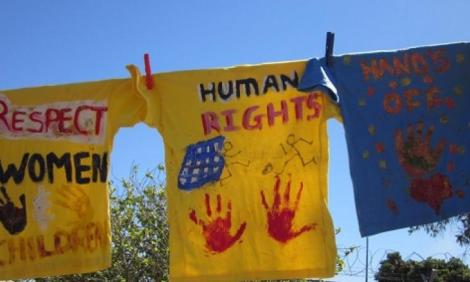
In depth
UPR of South Africa: Connecting the right to communication to women´s rights
South Africa's constitution guarantees freedom of expression, and has been interpreted to include the right to community media and to creative journalistic content. However, these progressive interpretations come in the light of broadcasting, rather than the internet. Online media and its regulation in South Africa fall short of the human rights standards that South Africa has recognised under…
Feminist talk
Digital Security: Drop-in centre of Ugandan sex worker organisation raided
“Sex work may be illegal in Uganda, but providing services for sex workers is clearly not,” reads a statement put out on May 9 by WONETHA, a health and human rights organisation, in reaction to a serious crack-down on its activities by Ugandan municipal police.
Feminist talk
May 17 | World Internet Day & IDAHO | What does internet freedom mean to you?
May 17 marks two important causes: The International Day Against Homophobia and Transphobia (IDAHO)and World Internet Day. Join us and play Twitter tag to connect your rights on May 17th. Help activists in your communities - geographically or issue-based - to connect with other activists who might know about IDAHO or internet rights but might not see them as interconnected or even know each…
Feminist talk
What's happening with the queers?
The lesbian, gay, bisexual, transgender, intersex, asexual and queer (LGBTIAQ) movement tends to get caught up in trying to name itself. And often gets stuck there.
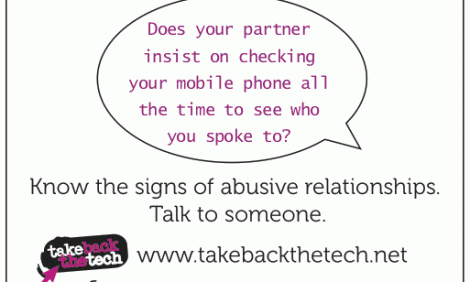
In depth
It's time to stand up and be counted
If we want to tackle the problem of gender-based violence online, we need to develop a strong evidence base, argues Grady Johnson in this article. At the risk of revisiting old traumas, we need women to document the scope of the problem, so that the gravity of the situation can no longer be denied. Most of all, we need good numbers if we hope to make good policies.





